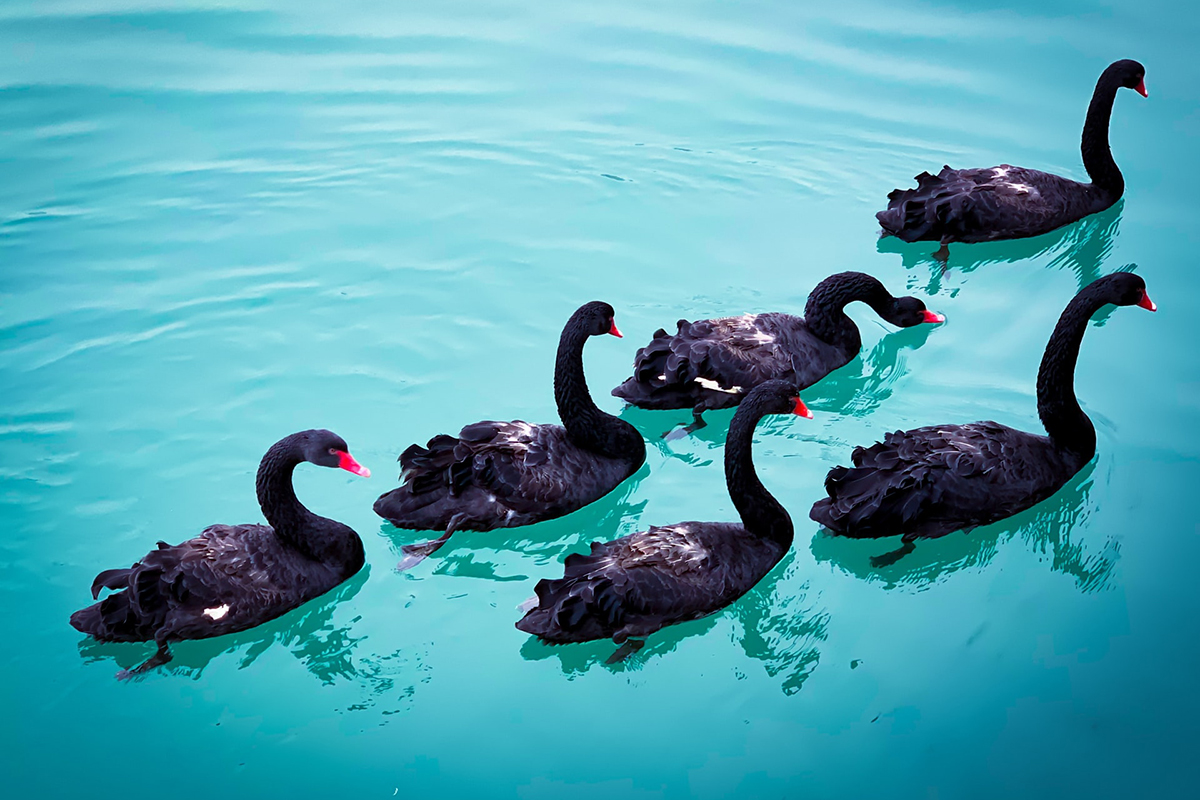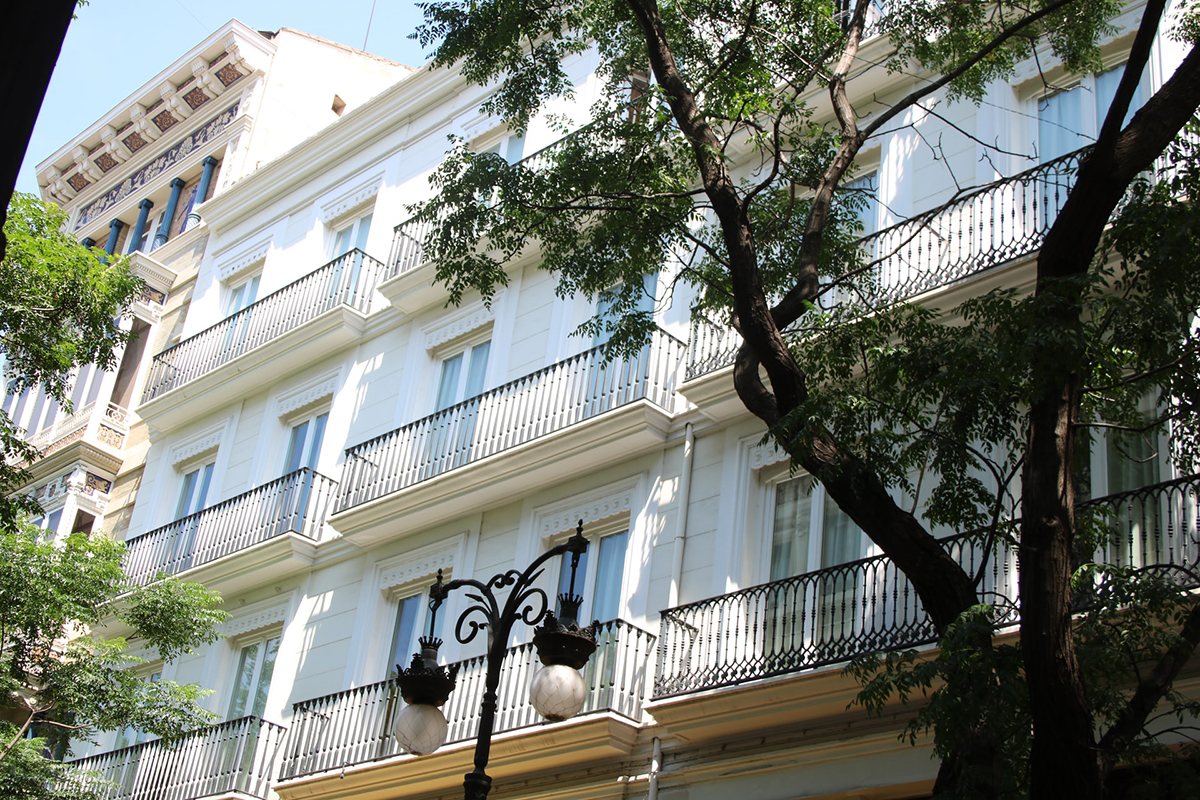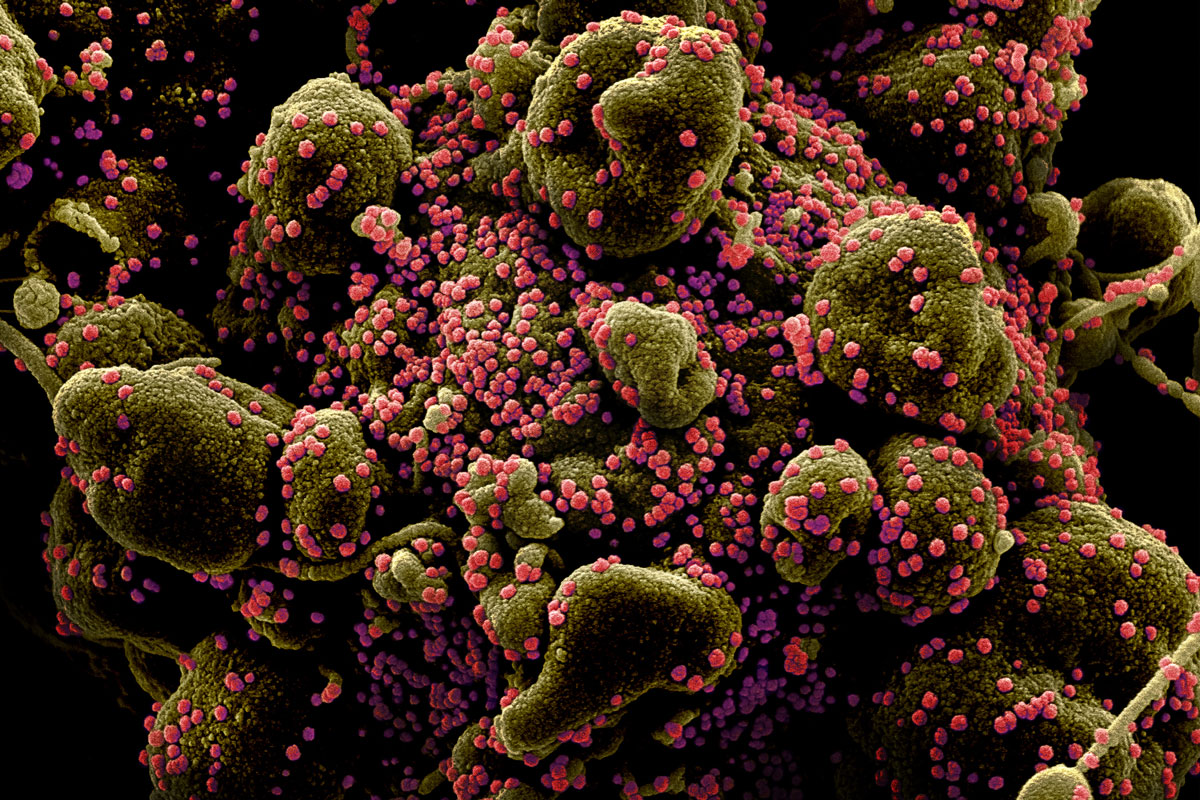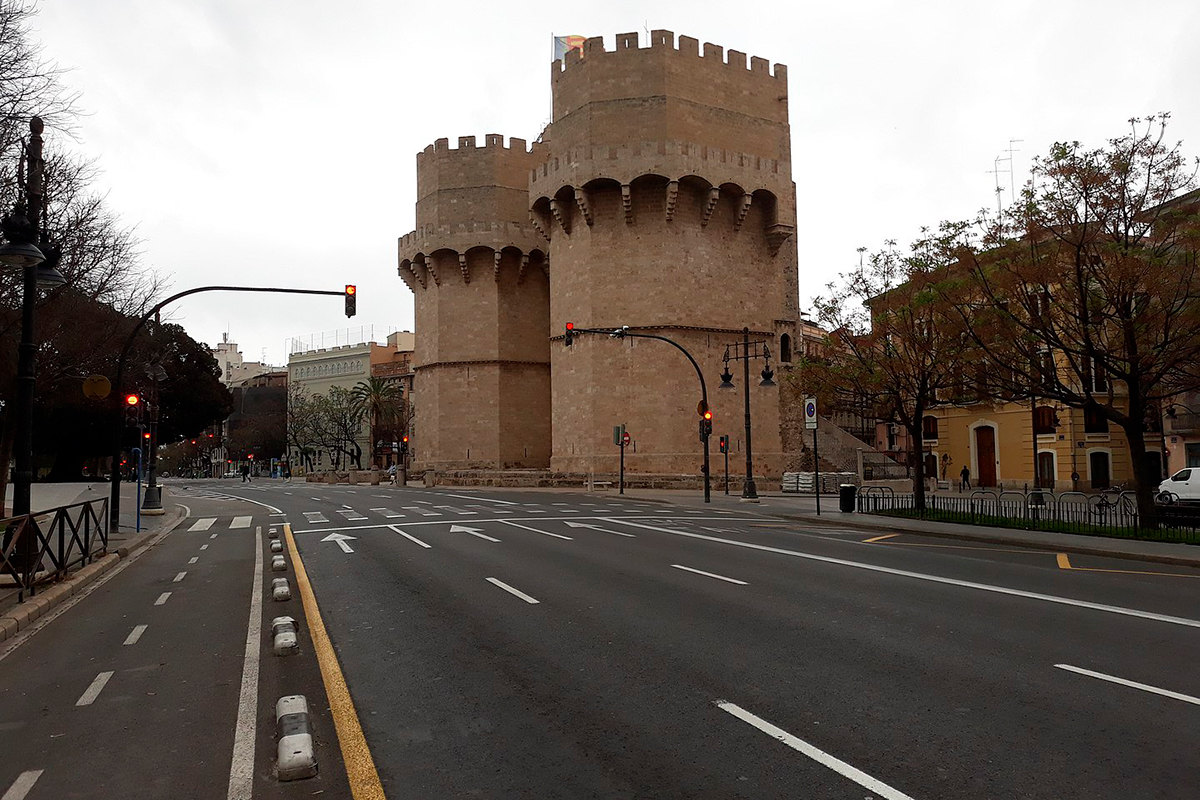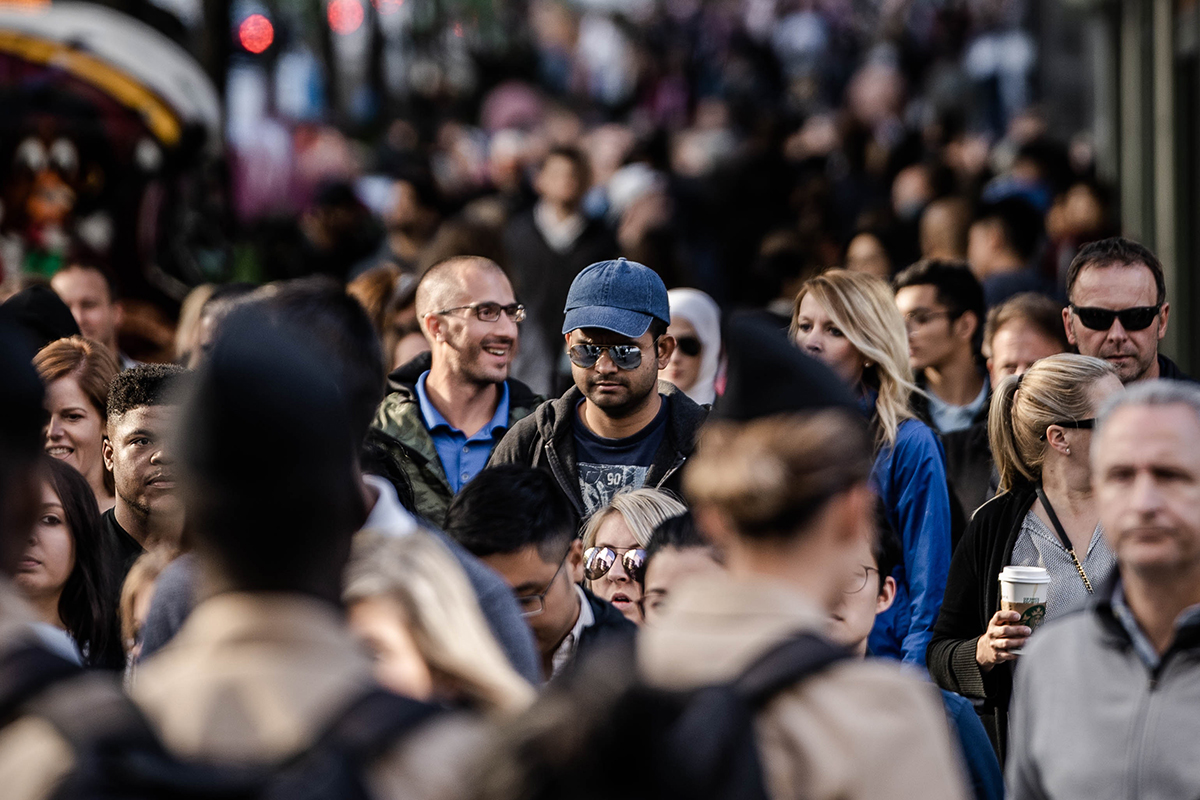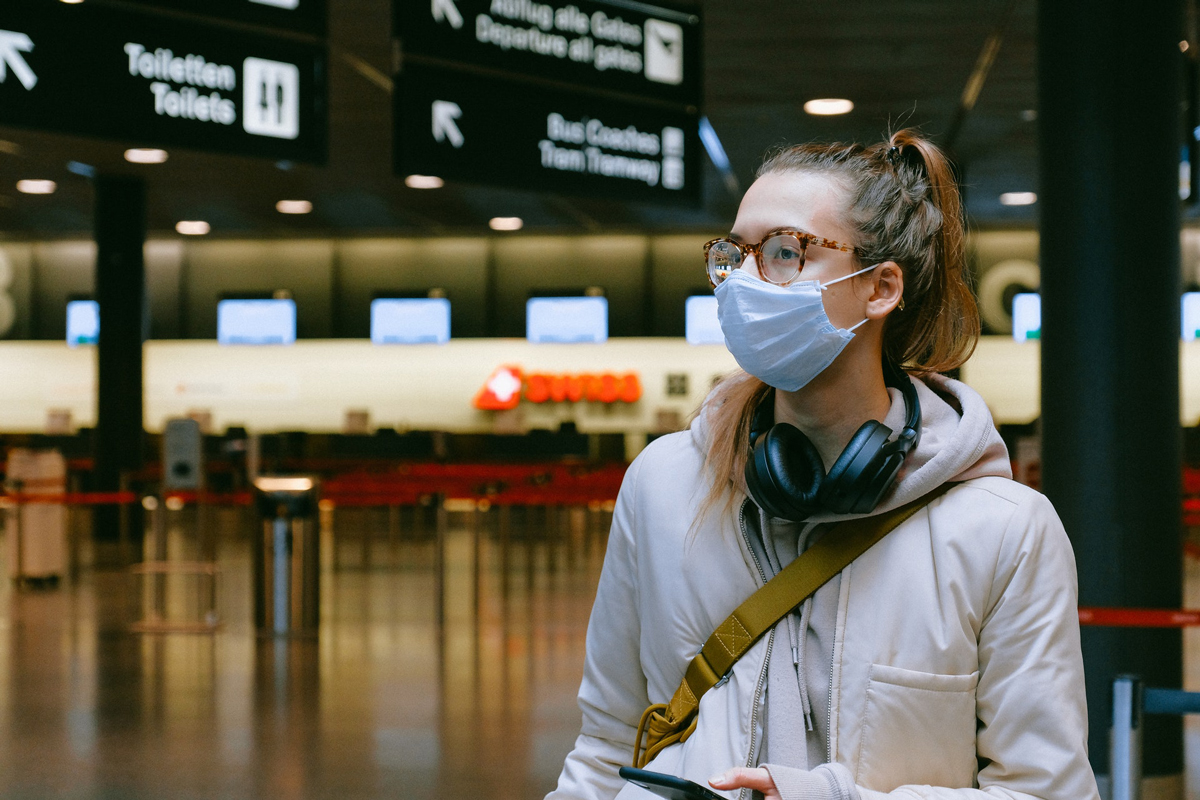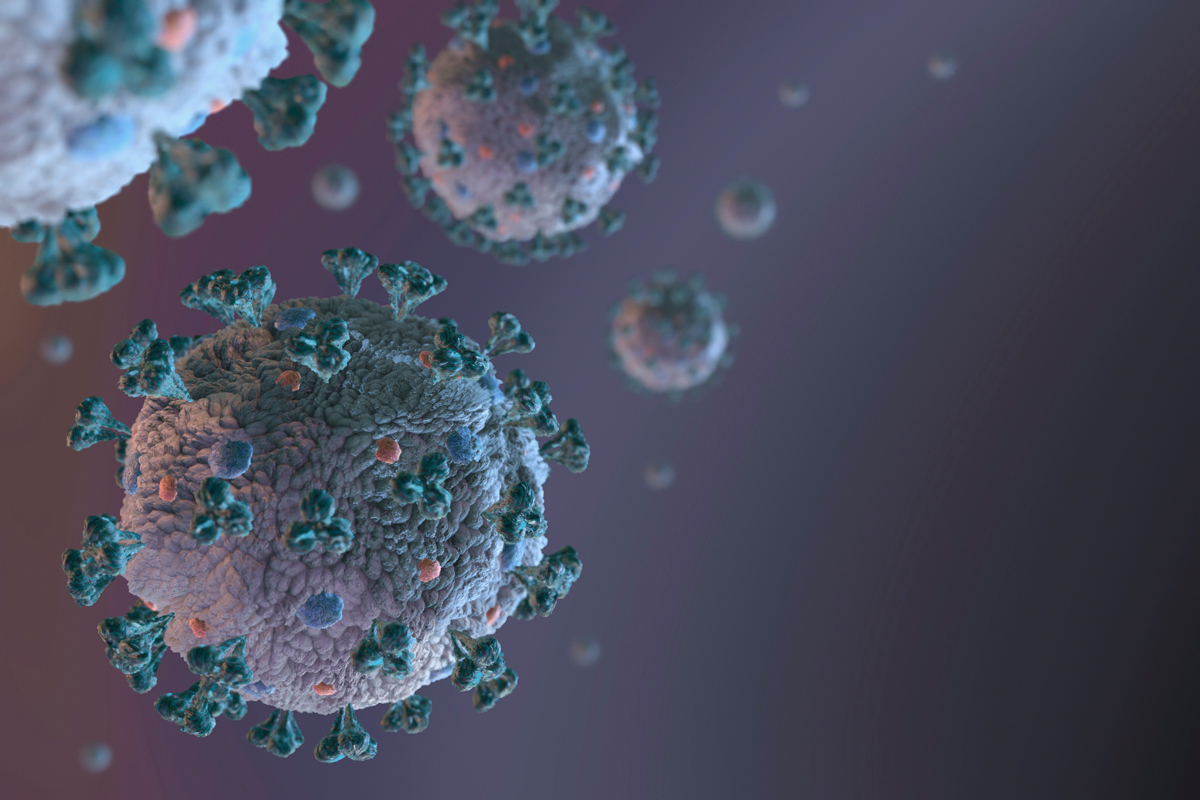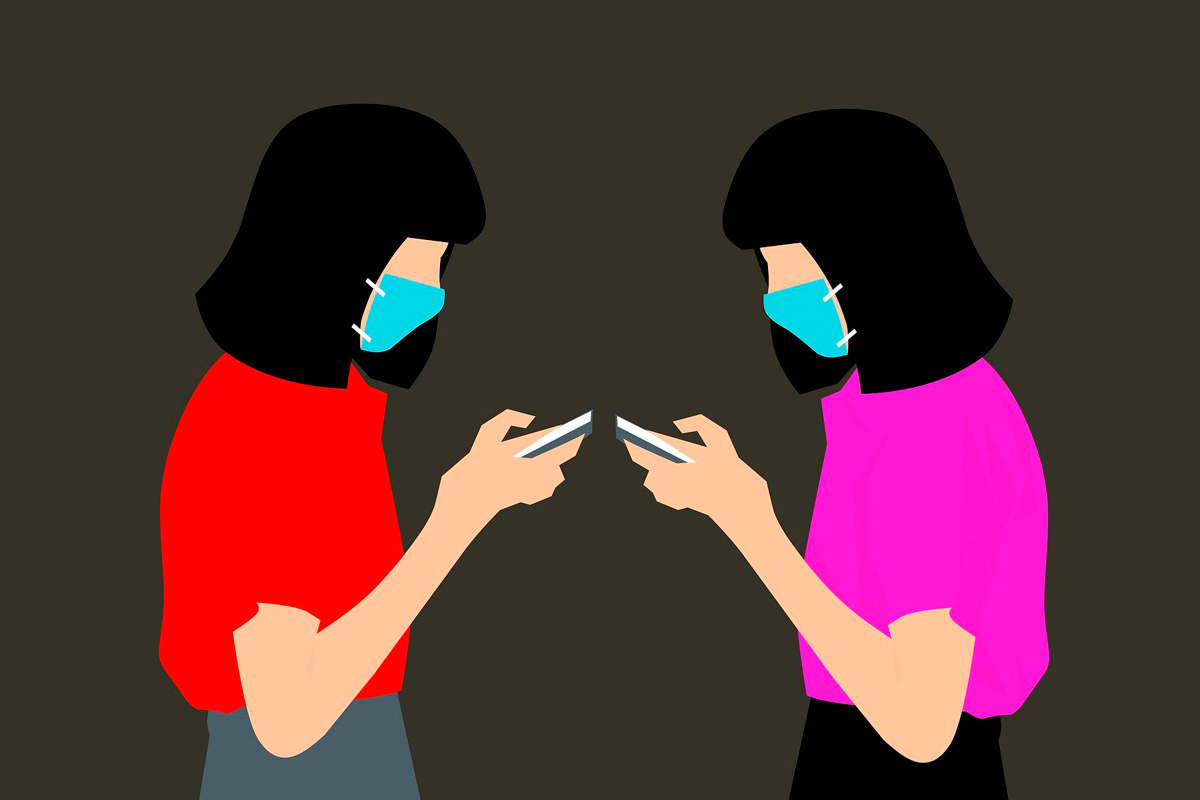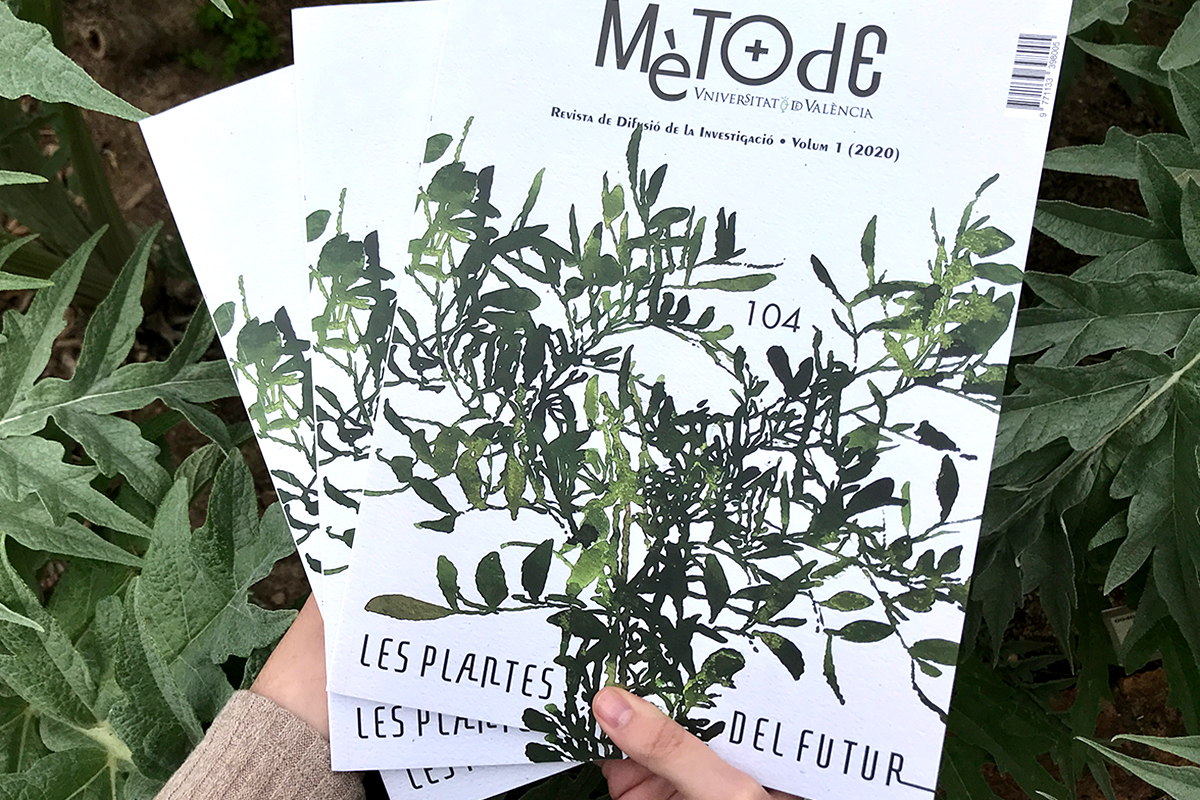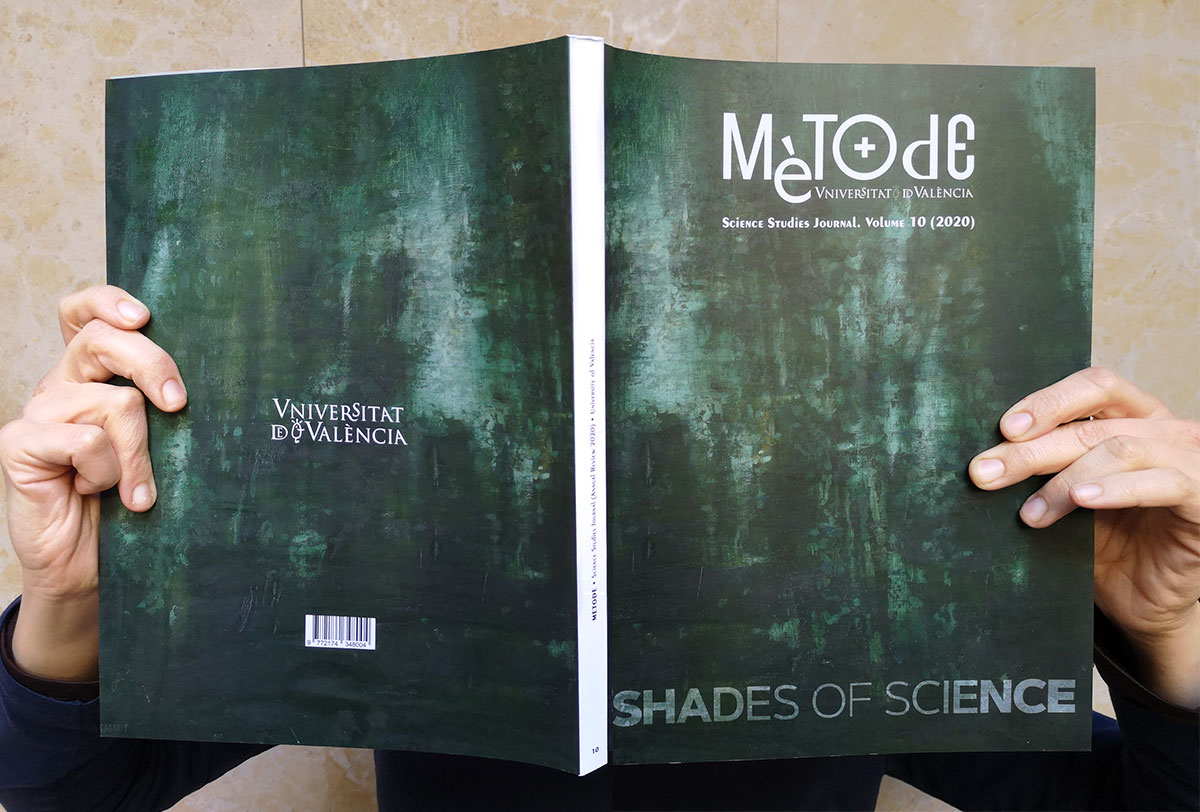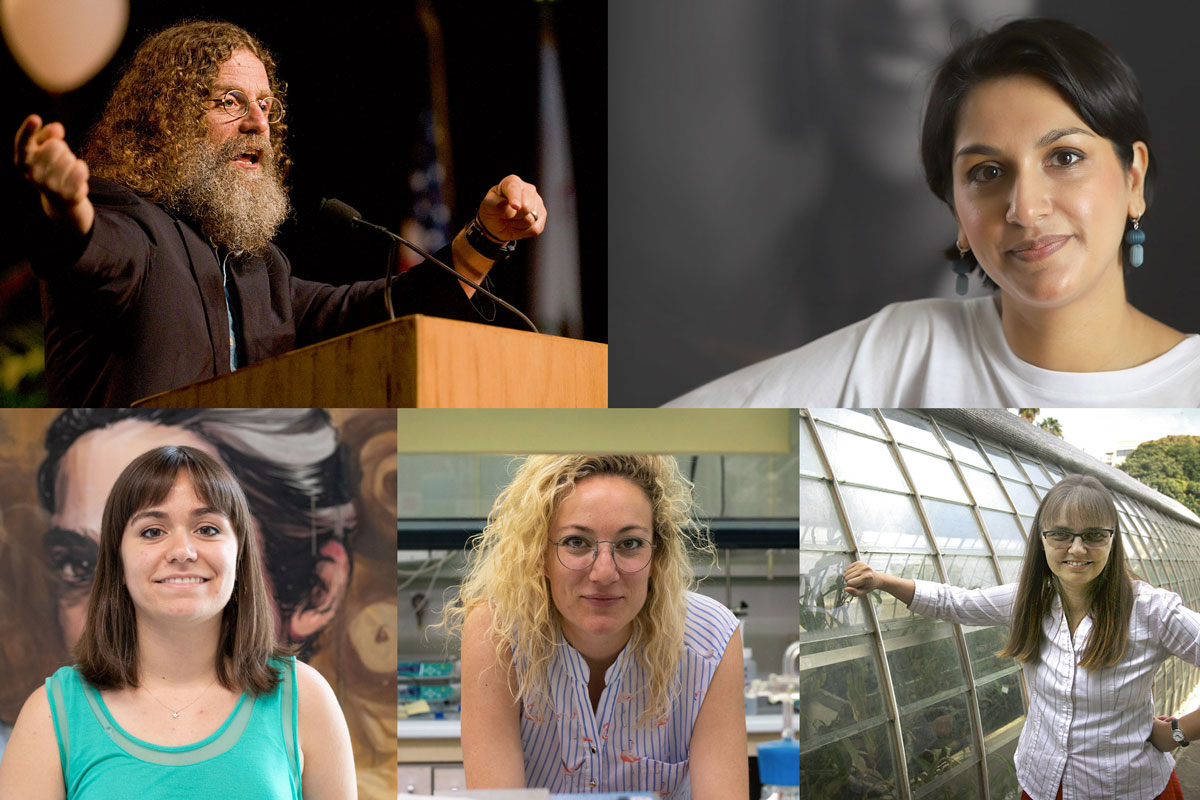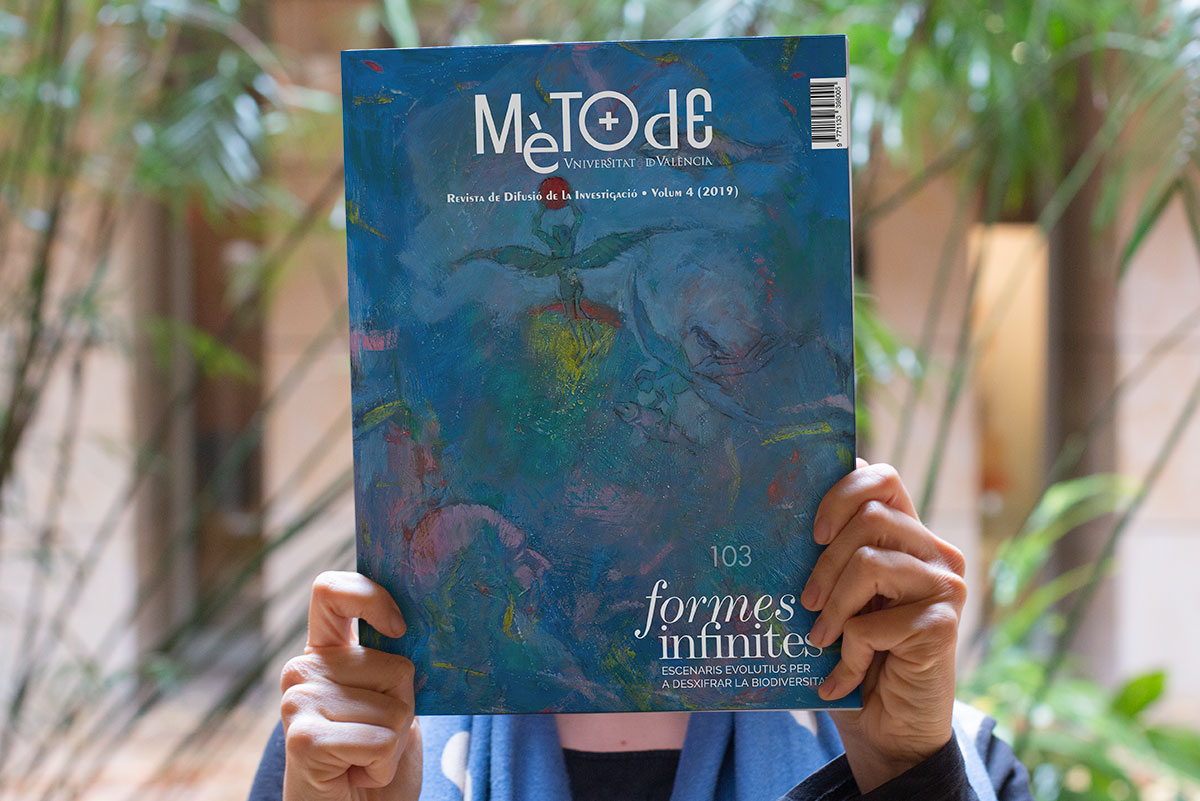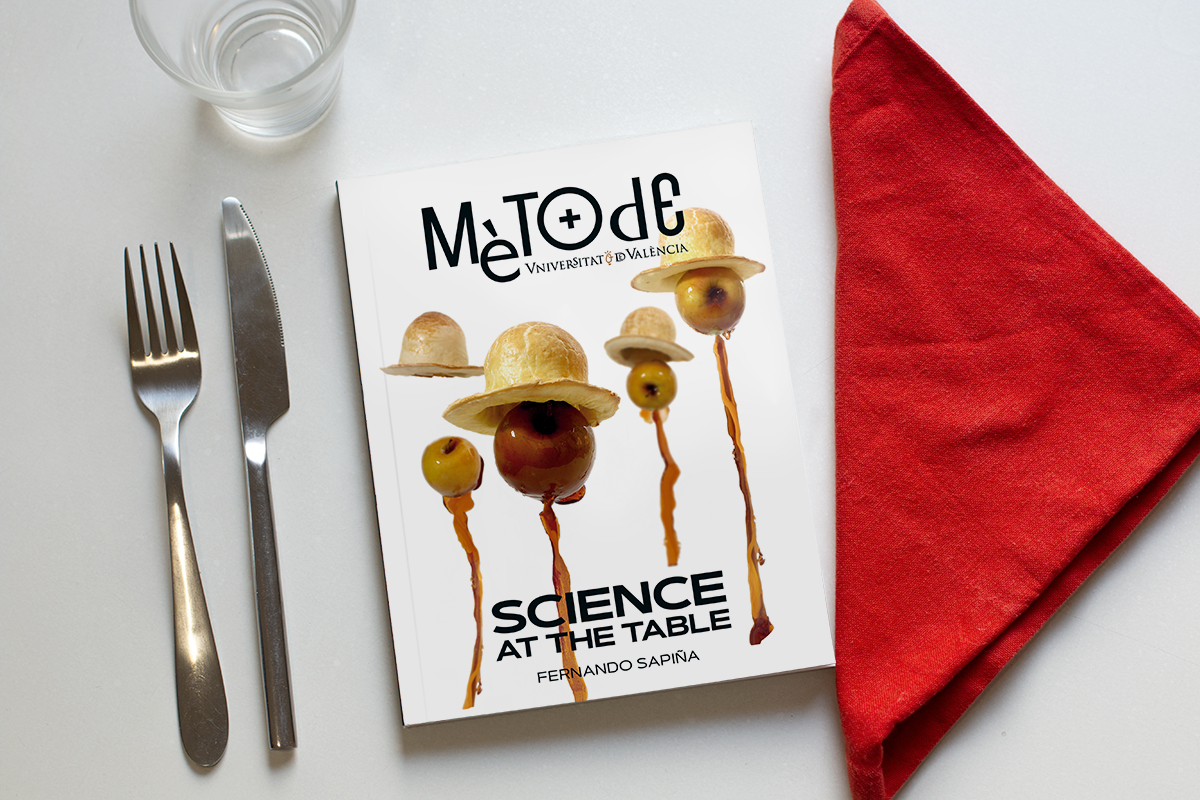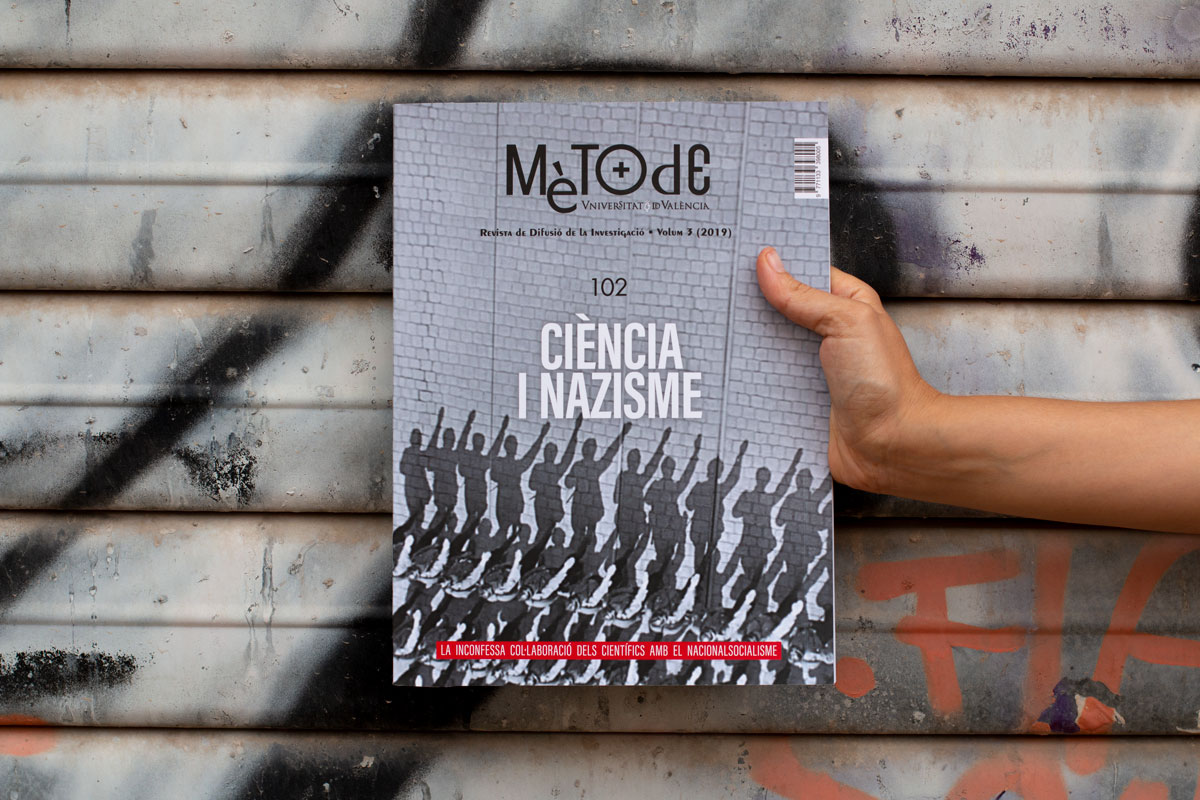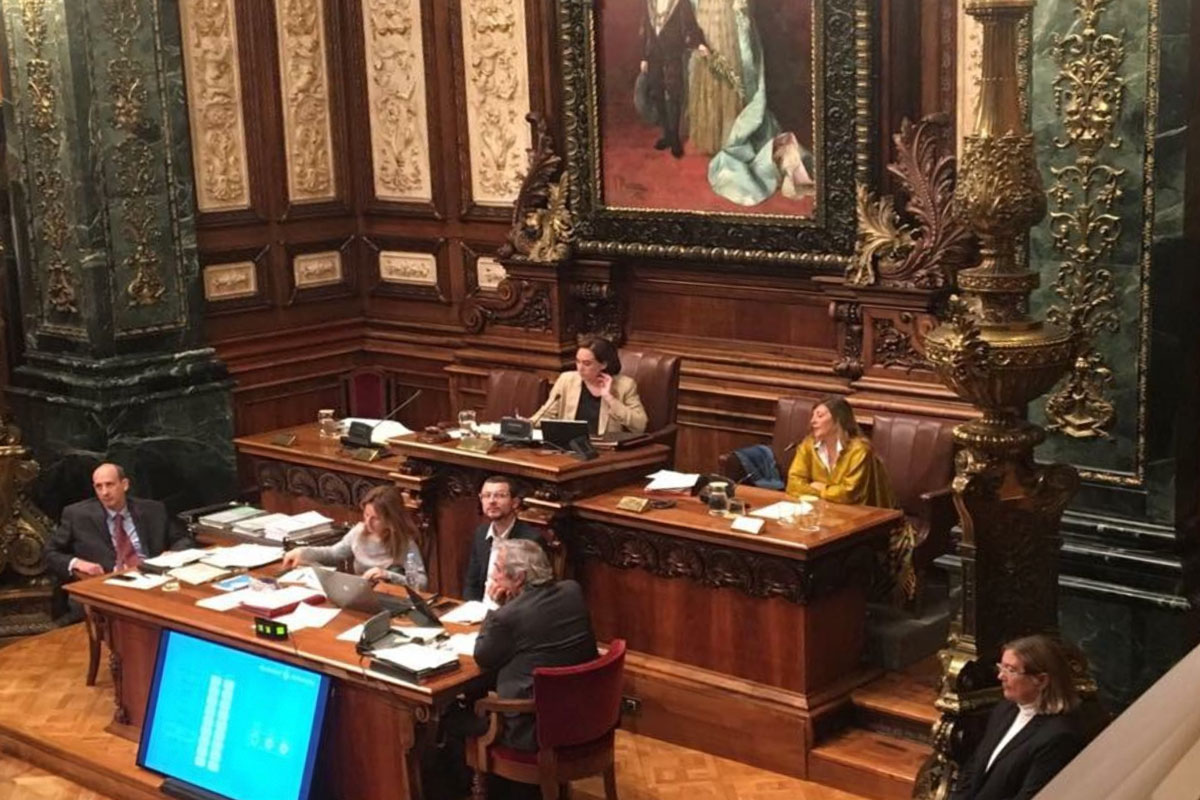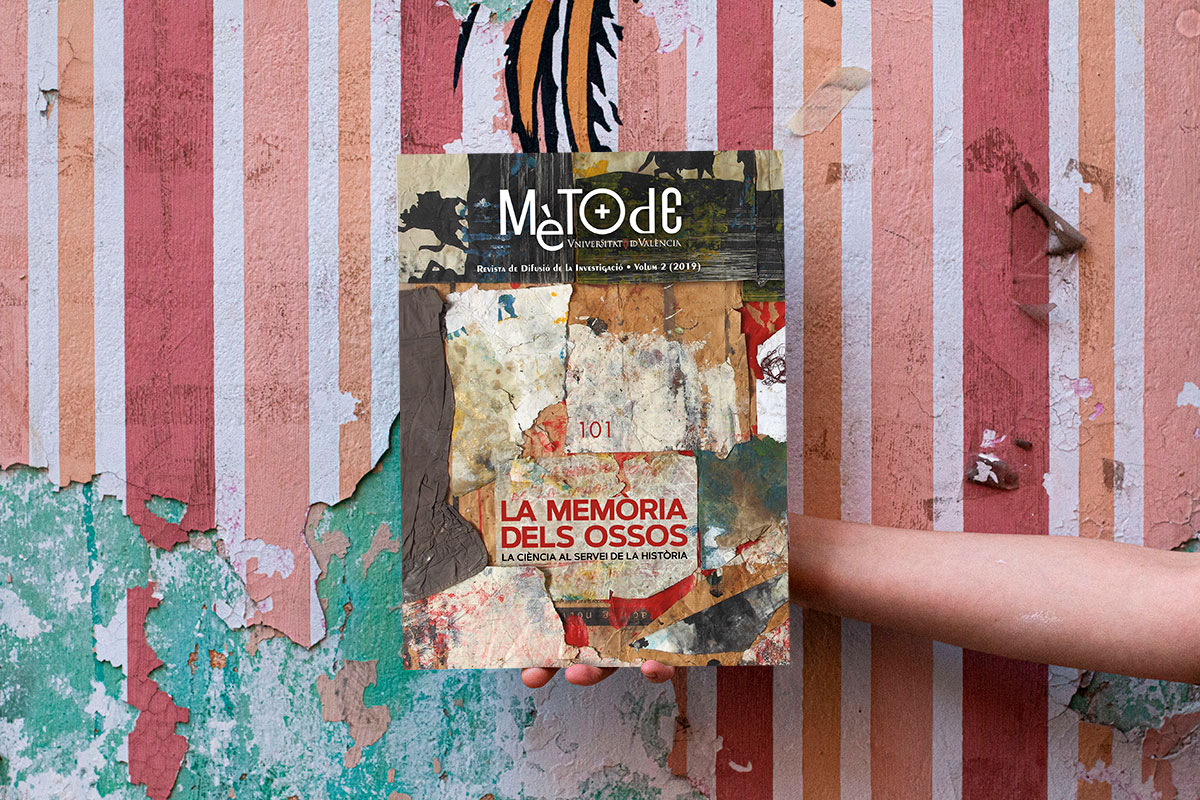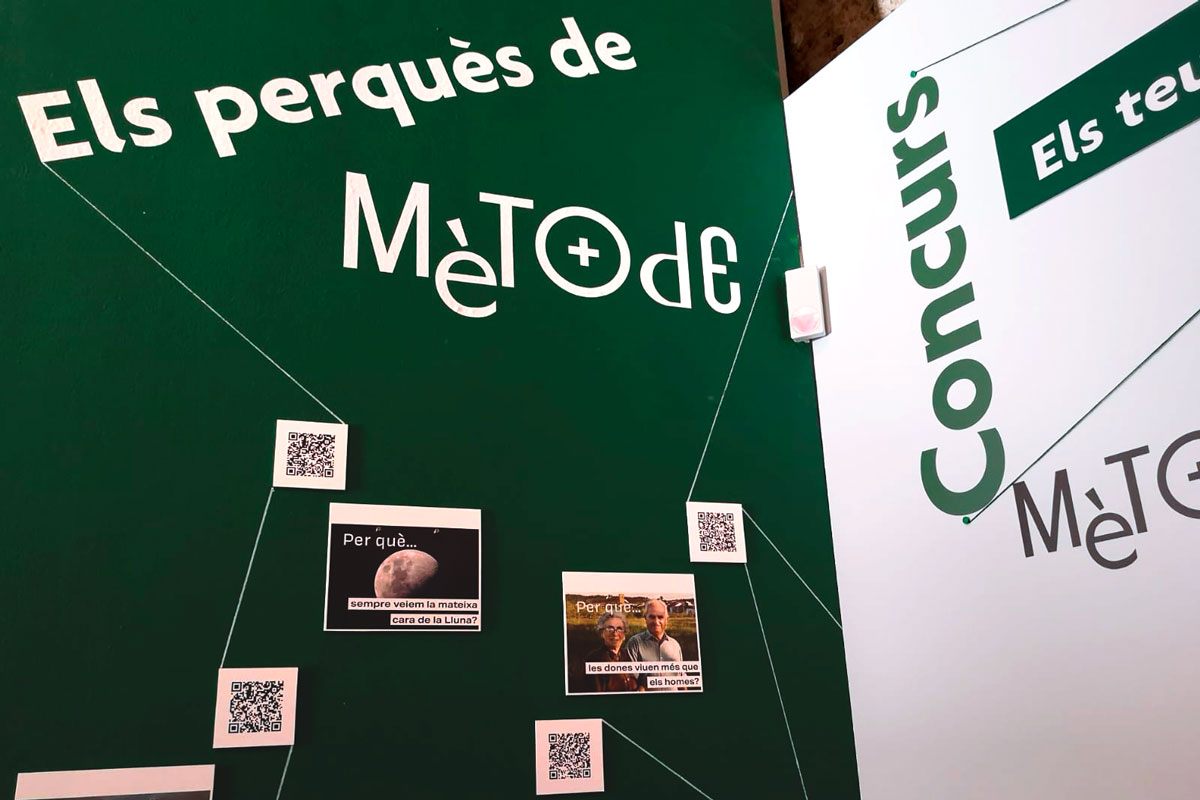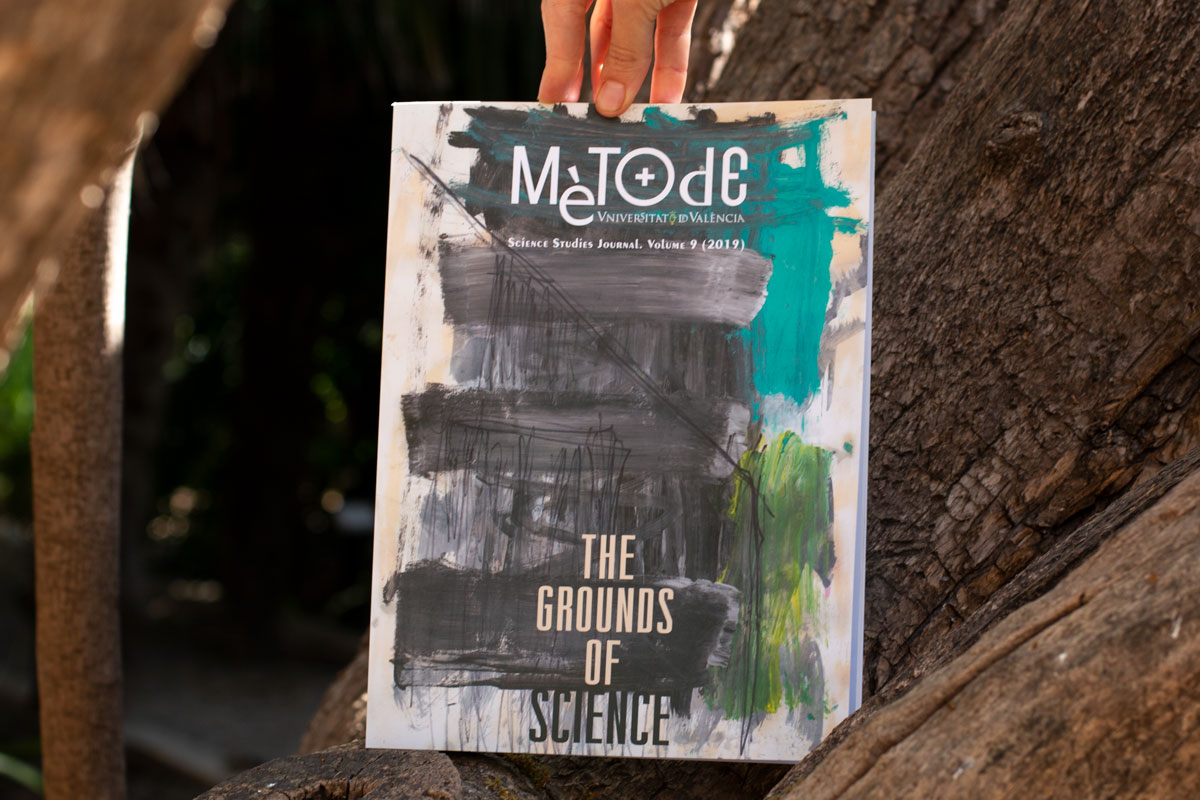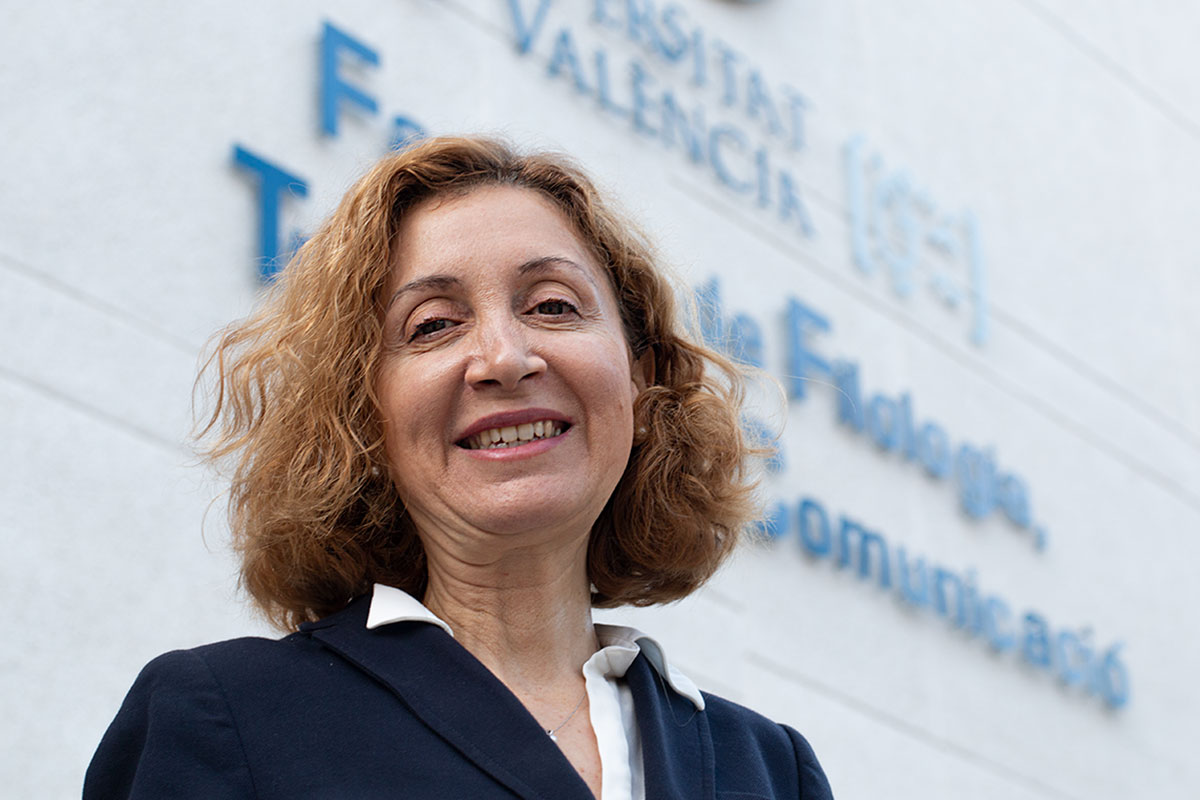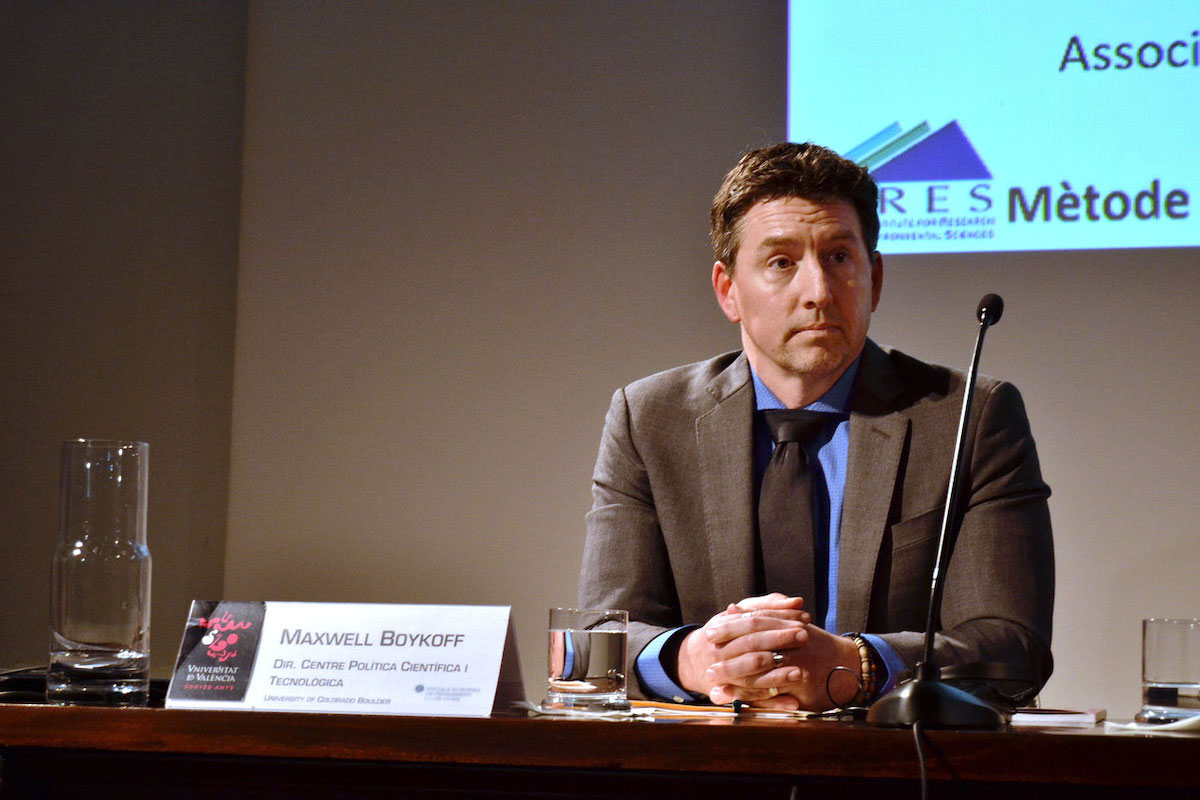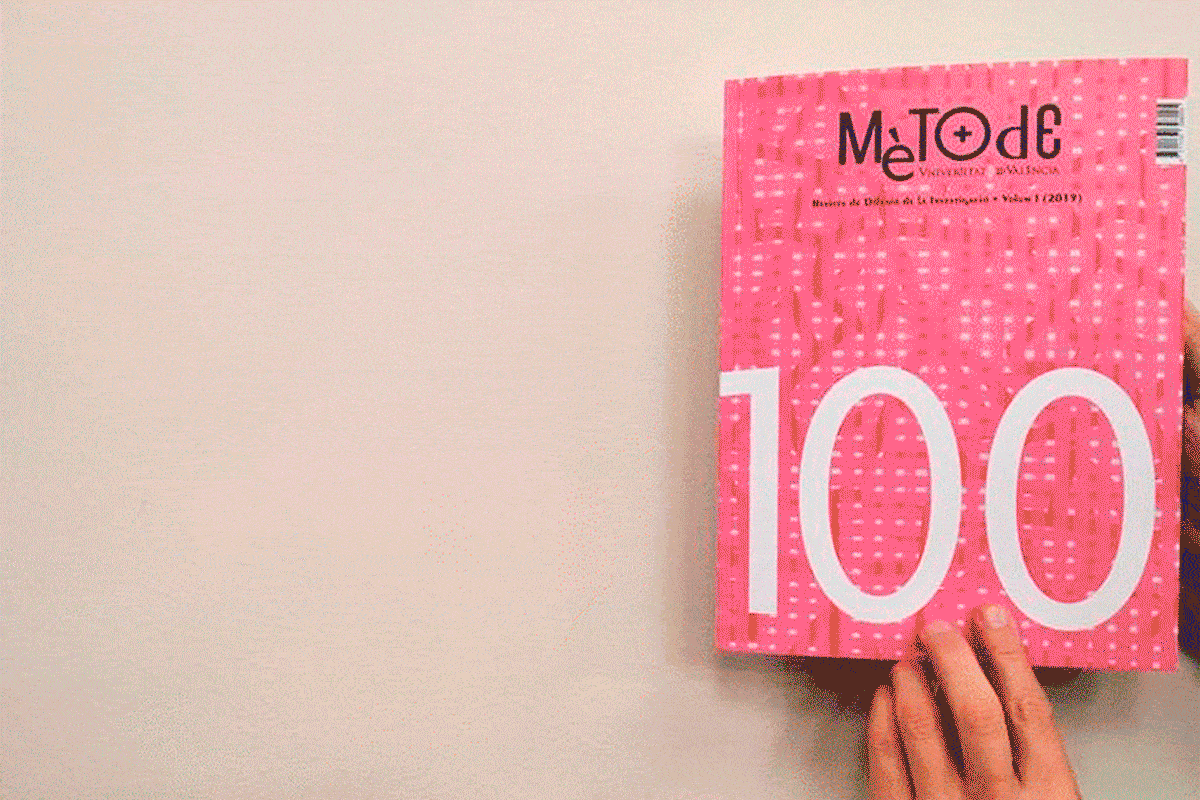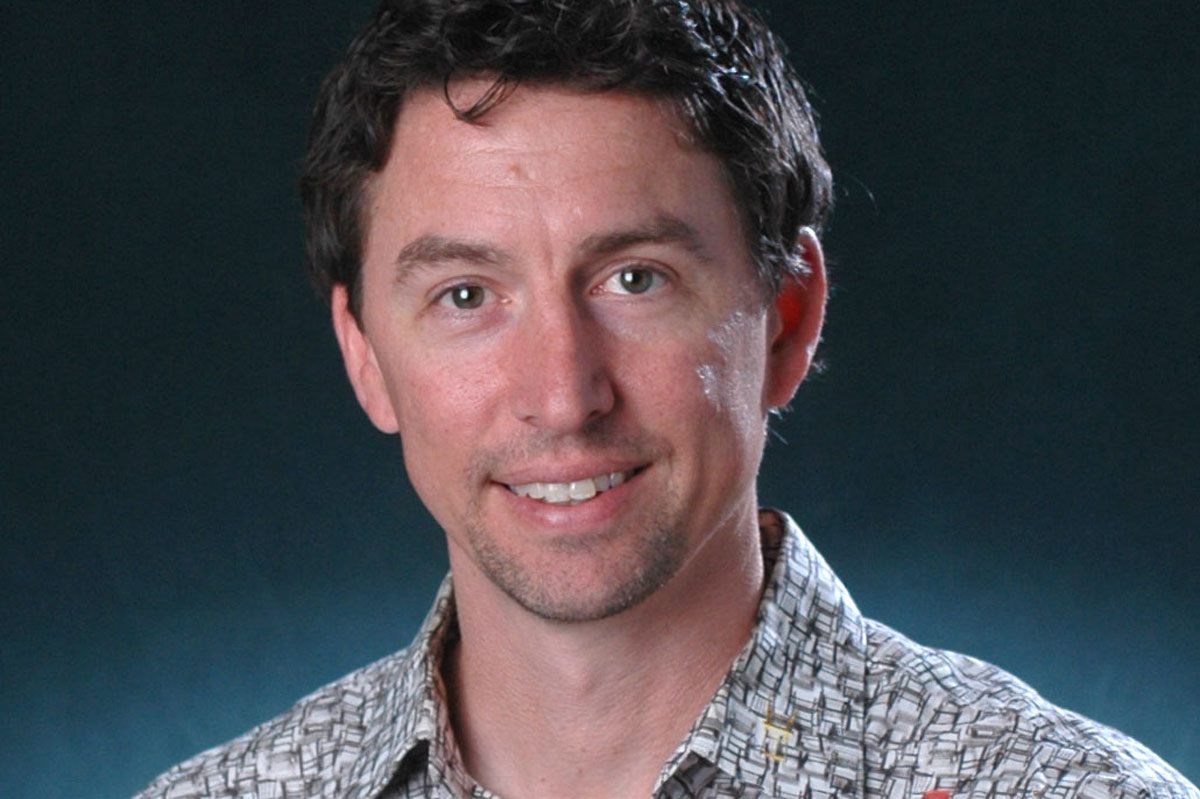Search
Although the coronavirus is a microbe, the author uses two animal analogies to explain the sudden and unexpected (or otherwise) appearance of phenomena such as COVID-19, but also other «unexpected» disasters of an economic, social, or political nature.
During the quarantine, the song of swallows at sunset or the soft dance of the leaves have become shows bringing spring to our balconies.
We need to rethink many aspects of our daily lives, of our values, of our economic and cultural practices; in short, of our coexistence with the rest of nature and, especially, of our respect for non-human animals.
Is the planet benefiting from a halt in human movement? Is pollution decreasing? Experts from the Polytechnic University of Valencia and the University of Valencia reflect on the environmental impact of confinement policies.
Most probably, the current coronavirus1 pandemic represents the uncertain epilogue of an epidemiological period marked by the renewed prominence of the infectious disease in the last decades of the twentieth century
Next time we could be facing an even deadlier virus than SARS-CoV-2. Now is the perfect time to start working.
The history of coronaviruses as human pathogens dates back to the mid-1960s, when they were first isolated from respiratory tract samples extracted from adults with symptoms of the common cold. Currently, seven types of coronavirus are known to infect humans.
The current healthcare crisis forces us to reflect on the way to act, the resources available to science, or the importance of good communication.
Knowing the detailed genomes of viruses and their phylogenies allows us to understand the origin of the outbreak. Was it a zoonosis from bats or were other hosts involved? Where did this fatal transition occur? What is the rate of change of the virus?
Gema Revuelta, Ángela Bernardo, Margarita del Val, and Salvador Macip offer their opinion on the media coverage of the pandemic.
The monograph, coordinated by José Pío Beltrán, CSIC research professor at the Institute for Plant Molecular and Cellular Biology (CSIC-UPV), analyses biotechnological advances in plant production.
2020's volume focuses on the challenges of science, forensic sciences, the involvement of the scientific community in Nazism, and the different evolutionary scenarios that help us understand biodiversity.
We want to say goodbye to 2019 collecting the most popular interviews of the year in our website.
The fourth volume of 2019 explores the crossroads between current biodiversity and evolution on Earth.
Mètode collects Fernando Sapiña's articles from Science at the table in a new volume of the collection «Monografies Mètode» edited by Juli Peretó.
The third volume published by Mètode in 2019 sheds light on the involvement of science in the policies of the Third Reich.
Barcelona's City Council passed ZOOXXI Citizens’ Initiative, an international proposal in defense of animals' rights.
Monograph 101 delves into forensic science and its contribution to historical memory.
The exhibition «Mètode: 100 volumes of science» offers to the visitors the chance to participate in the contest «Your whys and wherefores», which will draw five annual subscriptions to the journal (only in Spanish or Catalan).
The yearly journal of 2019 focuses on the need for better and more extensive communication of biotechnology and its advancements, biodiversity as a dynamic concept, and the relations between machines and humans in the twenty-first century.
Interview with Carolina Moreno, Full Professor of Journalism of the University of Valencia and director of the CONCISE European project.
Maxwell Boykoff discusses the keys to innovative and effective scientific communication with his lecture at the La Nau Cultural Centre on 28 February.
What challenges are awaiting science in the short and medium term, in technical, social and even ethical terms?
When, where, why and under what conditions is climate change communicated? On 28 February at 19:00, Maxwell Boykoff will deliver a lecture at the La Nau Cultural Centre devoted to creativity and climate change communication.

